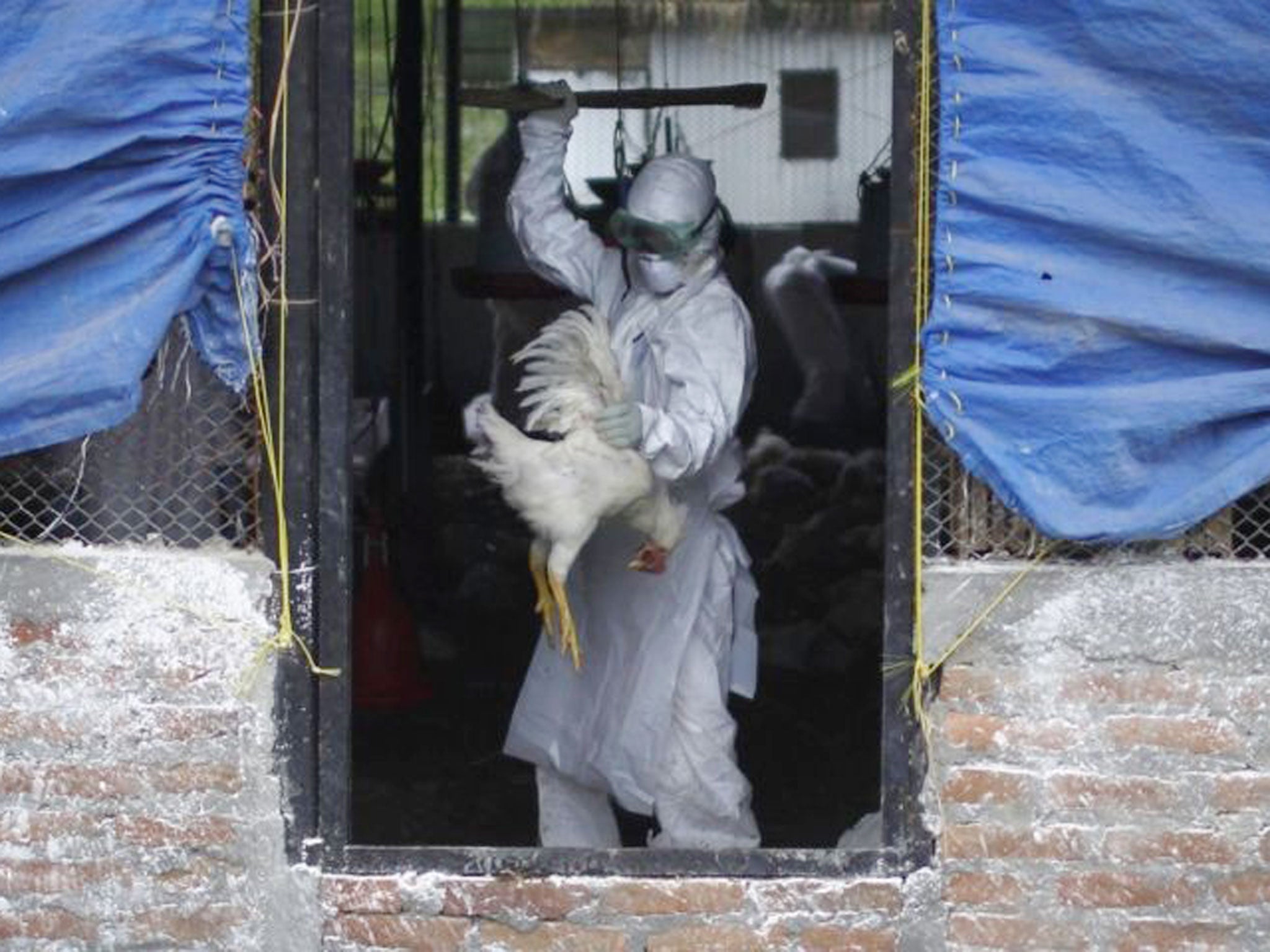UK bird flu threat level raised from 'low' to 'medium' after two swans infected in Netherlands
Risk of transmission to people remains low, scientists say

Your support helps us to tell the story
From reproductive rights to climate change to Big Tech, The Independent is on the ground when the story is developing. Whether it's investigating the financials of Elon Musk's pro-Trump PAC or producing our latest documentary, 'The A Word', which shines a light on the American women fighting for reproductive rights, we know how important it is to parse out the facts from the messaging.
At such a critical moment in US history, we need reporters on the ground. Your donation allows us to keep sending journalists to speak to both sides of the story.
The Independent is trusted by Americans across the entire political spectrum. And unlike many other quality news outlets, we choose not to lock Americans out of our reporting and analysis with paywalls. We believe quality journalism should be available to everyone, paid for by those who can afford it.
Your support makes all the difference.Britain’s bird flu threat level has been raised from “low” to “medium” by scientists after two swans were infected in the Netherlands.
The four chief veterinary officers of the UK said the cases of avian influenza were detected on Thursday.
The risk of transmission to people remains low, they added.
“Following two confirmed cases of H5N8 avian influenza in the Netherlands we have raised the risk level for incursion to the UK from migratory birds to medium ahead of the winter migration season," the statement said.
“The risk of the disease being introduced to poultry farms in the UK remains low.
“We are monitoring the situation carefully and bird keepers should remain alert for any signs of disease, report suspected disease immediately and ensure they are maintaining good biosecurity on their premises.”
They added poultry keepers should make sure their birds' living area is clean, place feed and water in enclosed areas protected from wild animals and remove any spillages, clean their footwear before and after visits, and put fencing around any outdoor areas the birds can access.
The vets also advised avoiding mixing ducks and geese with other poultry species.
Wild birds migrating westward from mainland Europe during the winter period can spread the disease to poultry and other captive birds.
This strain of the virus can be very virulent in birds, but there are no recorded cases of it causing disease in humans.
The UK was previously declared free of avian flu in 2017 and has remained free of highly pathogenic avian influenza since then.
Additional reporting by PA



Join our commenting forum
Join thought-provoking conversations, follow other Independent readers and see their replies
Comments